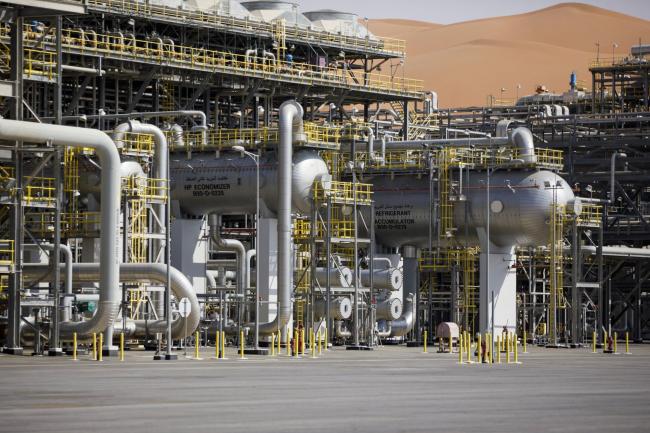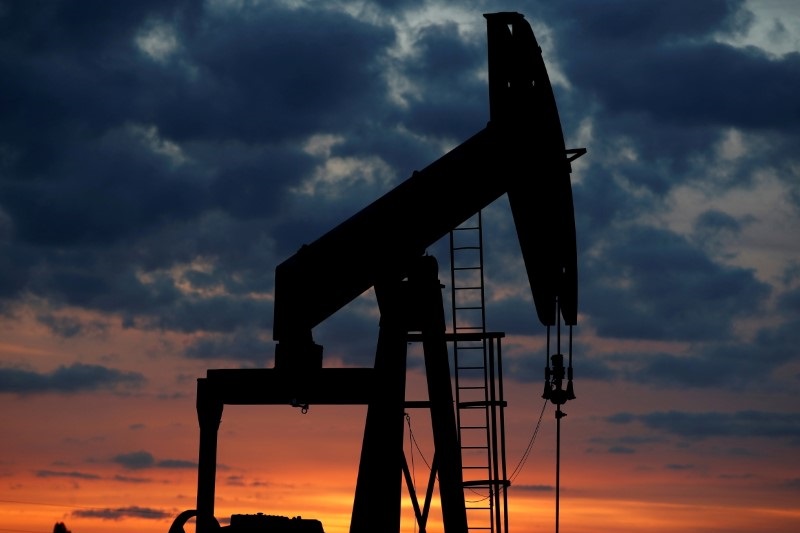(Bloomberg) -- Saudi ministers insisted that oil policy decisions would be taken according to market logic and within the OPEC+ coalition, just as US President Joe Biden wrapped up a landmark trip to the kingdom.
Biden said late Friday that the Saudis shared his “urgency” to increase oil supply and he expects “further steps in the coming weeks” to that end.
Saudi officials stressed any decision to pump more would be made in the framework of OPEC+, which holds its next decision-making meeting on Aug. 3.
“We listen to our partners and friends from all over the world especially consumer countries,” Foreign Minister Prince Faisal bin Farhan told reporters. “But at the end of the day, OPEC+ follows the market situation and will supply energy as needed.”
The OPEC+ coalition of producers includes Russia, whose oil revenues the US has been trying to squeeze to punish it for its invasion of Ukraine. Riyadh was clear that it’s sticking with the alliance.
Read: Biden Left Waiting for Benefits After Fist Bump in Saudi Arabia
Biden’s trip to the kingdom has been controversial at home, but gasoline prices near record levels also pose political danger.
“I’m doing all I can to increase the supply for the United States of America, which I expect to happen,” Biden said on Friday. “The Saudis share that urgency. And based on our discussions today, I expect we’ll see further steps in the coming weeks.”
Adel Al-Jubeir, minister of state for foreign affairs, played down the idea of any agreement.
“It’s not about an agreement; it’s about the kingdom’s long-standing policy of working to ensure that there’s adequate supply of crude oil on the markets and we follow the supply and demand situation very carefully,” he told Bloomberg in an interview. “If there’s a potential shortage then we work on increasing crude oil production through and with our OPEC partners and OPEC+ partners.”
The alliance already moved to accelerate production increases in June, after calls from consumer nations including the US. Still, with oil prices tumbling from recent highs as recession risks grip markets, the picture could change before the policy meeting on Aug. 3.
In any case, further increases are expected to be modest as the Persian Gulf heavyweights choose to preserve their remaining spare capacity amid supply disruptions ranging from Libyan unrest to sanctions against Russia. The buffer of idle output has dwindled to “razor-thin” levels of just over 2 million barrels a day, according to the International Energy Agency.
Under the terms of the existing OPEC+ agreement, Saudi Arabia’s production is due to reach 11 million barrels a day next month, a level it has only rarely maintained in its decades as a crude exporter. Any further increases would test the kingdom’s maximum sustainable capacity, which state-run giant Saudi Aramco (TADAWUL:2222) puts at 12 million barrels a day.
©2022 Bloomberg L.P.

